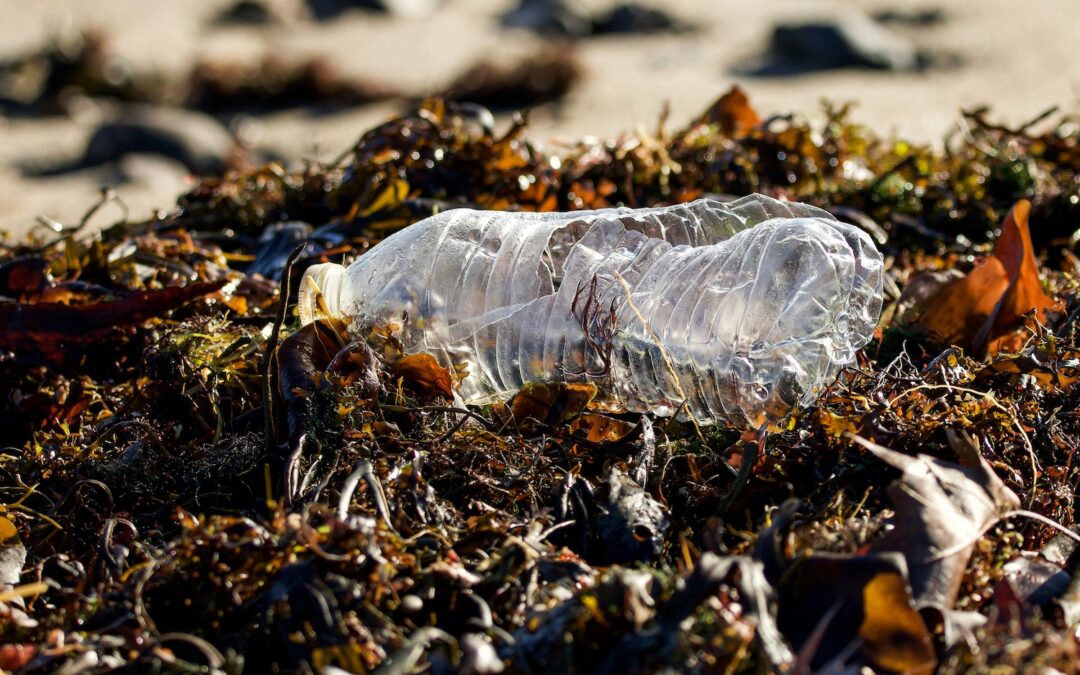In the realm of sustainability, the concept of “rational sustainability” emerges as a crucial discourse, especially in light of recent criticisms surrounding B Corp certifications and their implications for environmental stewardship. This discussion gains particular significance with the recent expose revealing Aqua, a bottled water brand under the umbrella of French consumer goods giant Danone, as a major contributor to Indonesia’s plastic pollution crisis.
Unveiling Aqua’s Impact: A Critical Evaluation
Aqua’s dominance in a new ranking of Indonesia’s biggest plastic polluters underscores the intricate dynamics between corporate sustainability claims and their real-world environmental footprint. The findings from Sungai Watch’s audit, which analyzed over half a million pieces of rubbish collected from rivers across Bali and East Java, paint a stark picture of Aqua-branded single-use water bottles as ubiquitous pollutants. This revelation challenges the notion of rational sustainability, as a certified B Corp like Aqua stands accused of exacerbating plastic pollution rather than mitigating it.
Navigating the Paradox: B Corp’s Dilemma
As the first Indonesian company certified by B Lab, Aqua’s predicament fuels the ongoing scrutiny surrounding B Corp accreditations. The recent report by the Center for Climate Integrity (CCI) amplifies this discourse, calling for plastic producers’ accountability amidst mounting evidence against recycling as a sustainable waste management solution. Aqua’s certification by B Lab in 2018, and subsequent re-certification in 2021, raises questions about the efficacy of B Corp standards in truly evaluating a company’s social and environmental impact.
The Imperative for Action: Moving Beyond Greenwashing
In response to mounting pressure, B Lab finds itself at a crossroads, compelled to reevaluate its standards in the face of criticism. The open letter from a coalition of B Corps urging for stricter scrutiny in certification processes exemplifies a growing sentiment within the sustainability community. The imperative to hold corporations accountable for their environmental practices resonates louder than ever, especially in regions like Indonesia, where plastic pollution wreaks havoc on marine ecosystems.
Charting a Course for Change: Toward a Rational Sustainability Paradigm
The narrative surrounding Aqua’s environmental impact transcends mere corporate scrutiny; it epitomizes a call to action for a paradigm shift towards rational sustainability. With Indonesia grappling with the repercussions of poor waste management infrastructure and lax regulations, the onus falls on corporations, regulatory bodies, and consumers alike to effect meaningful change. This entails not only redefining sustainability within the corporate sphere but also fostering a culture of environmental stewardship that extends beyond profit margins.
In conclusion, the recent criticism of B Corp certifications in the wake of Aqua’s environmental impact underscores the urgency of redefining rational sustainability. It beckons stakeholders to confront the inherent complexities of corporate environmentalism and chart a course towards a more conscientious and impactful approach to sustainability in the modern age.
Rational Sustainability



